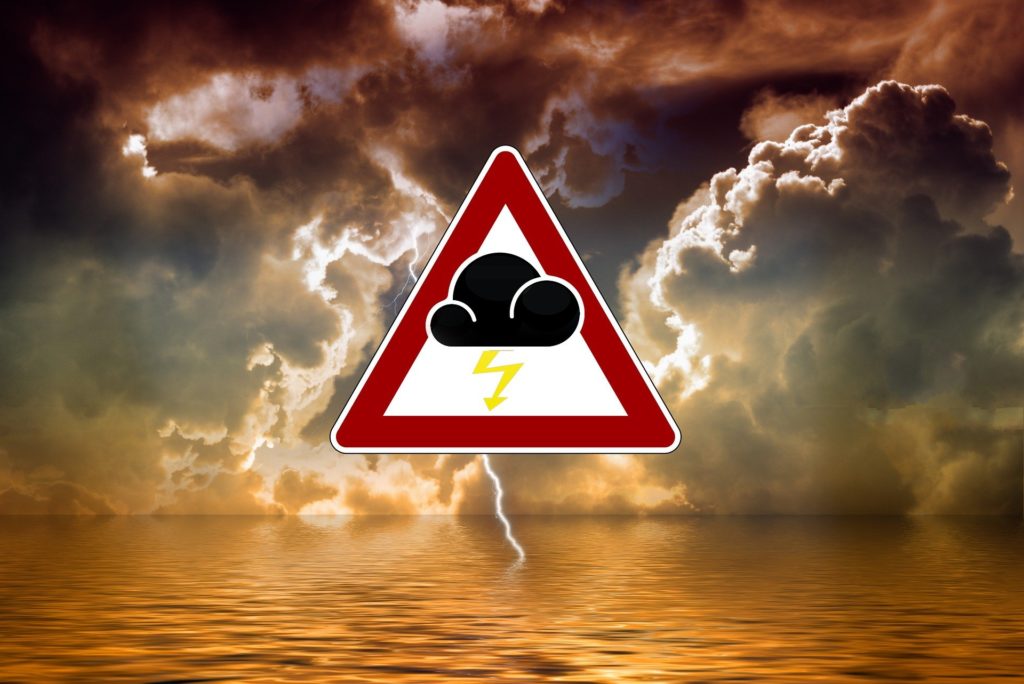When did we first start forecasting the weather?

Image by Gerd Altmann from Pixabay
People have been trying to forecast the weather since before the dawn of recorded history. For early civilisations, it wasn’t just out of curiosity either-their direct dependance on agriculture made the weather a matter of life and death. The earliest forecasts we know about, from Ancient Babylon during the seventh century BCE, were rooted in astrology, but the Ancient Greeks and others developed sophisticated ‘weather lore’ based on their observations of patterns in the natural world. Some of their observations were genuinely useful, others not so much, but this folklore still lingers today, in sayings such as ‘Red sky at night, shepherd’s delight’. The first instruments for scientifically measuring properties such as atmospheric moisture and pressure were invented during the Renaissance, but the arrival of the electric telegraph in the mid 19th century permitted rapid collection of data from large numbers of remote weather stations-the key to modern weather forecasting.
Answered by Matt Kavanagh
To feature in our Brain Dump section, send us your questions to [email protected] or message us on Facebook or Twitter
For more science and technology articles, pick up the latest copy of How It Works from all good retailers or from our website now. If you have a tablet or smartphone, you can also download the digital version onto your iOS or Android device. To make sure you never miss an issue of How It Works magazine, subscribe today!





